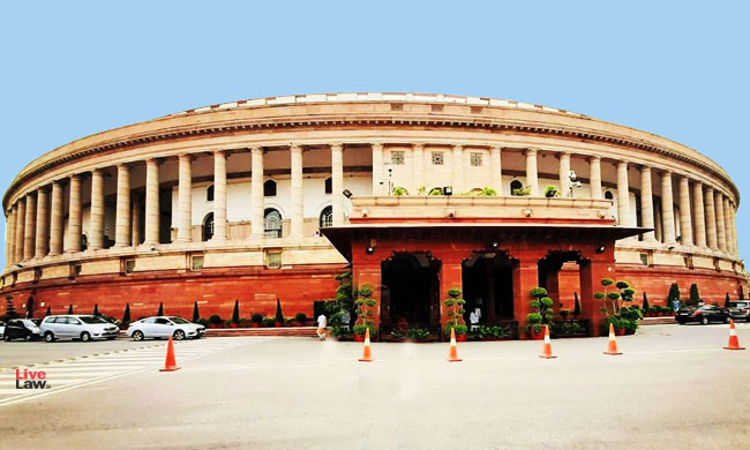- Home
- /
- Know the Law
- /
- MPLADS : Why SC Upheld...
MPLADS : Why SC Upheld Constitutionality Of Scheme In 2010?
Live Law Research Team
8 April 2020 8:58 AM IST
The Members of Parliament Local Area Development Scheme (MPLADS) came into news recently after the Central Government decided to suspend the allocation of funds for the scheme for 2 years in view of the economic impact of COVID-19. The opposition parties have criticized the decision saying that it will have a negative impact on development works at local levels. The Government is seeking...
Next Story



